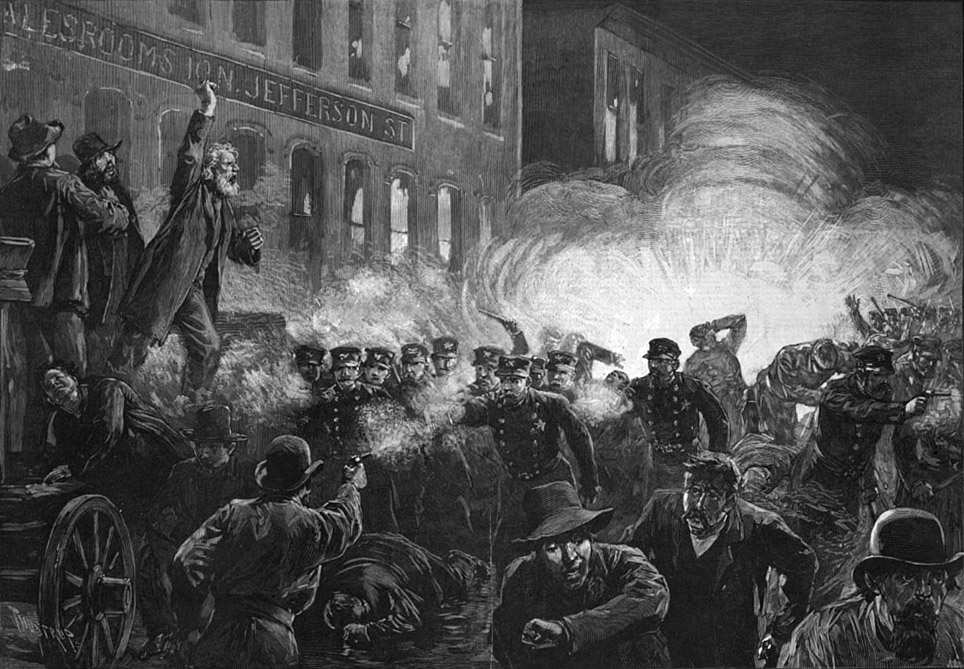 |
| John C. Calhoun |
Calhoun says that from the beginning, he believed that the issue of slavery would end in disunity. He unsuccessfully requested that both parties try to prevent the disunity, and now the Union is in danger. it is up to the government to find a way to preserve the Union.
The first thing to do to answer that question is find out what endangered the Union. The clear answer is the discontent in the South, which began with the issue of slavery and has only increased. To take a step back, what caused the discontent?
It is a mistake to say that the discontent originated with politicians who wanted to further themselves by encouraging the discontent. Rather, the politicians of the South wanted to keep the people quiet, since encouraging discontent would weaken or even destroy the political ties uniting the people in the North and South. However, preserving quiet was not enough to prevent the discontent, so there was another, more powerful cause of the discontent.
The cause is the belief in the South that the people can not remain in the Union, given the present state. Why do they believe this? The movement towards slaves' rights in the North is threatening life in the South. Also, the equality between the North and South when the Constitution was ratified no longer exists - the North controls the government. This control will only increase since Oregon and Minnesota, along with three others that were formerly Mexico's will be added to the North.
No additions to the South appear to be on the horizon. There is going to be many more Northern states, Senators, Congressmen, and electoral votes than there are Southern. This destroys the former equilibrium. Had this been a natural process, then the South would have no reason for complaint, but the imbalance was caused by legislation - the Northern territory was greatly increased, decreasing the portion left for the South. If not for the Ordinance of 1787 and the Missouri Compromise, immigration in each region would be equal, as would the population and number of states in the north and south would be equal. Also, much more taxes were imposed on the South, and more of the money from the taxes went to the North. Having the wealth concentrated in the North increases the population of the North since immigrants are attracted to the region. All of this has created a sectional majority.
Slavery in the South is very important to the social structure, while in the North it is viewed, at the very least, as a stain on the character of the nation, while some go so far as to view it as sinful. In the South, without slavery, will be in poverty, and this is the justification for slavery. Disunion will not occur in one blow, it will occur by a series of blows. The issue of slavery was a major blow, and has put America on the path to disunion.
How can the disunity be prevented? By settling all issues between the North and South. This has to be led by the North, by conceding territory so that it is equal between the sections, and by ending the slave dispute, and amending the Constitution so the two regions are once again equal. Will the North agree to this? It is up to her, but if she loves the Union like she says she does, then she will. The responsibility of saving the Union rests on the North. If no agreement can be reached between the Senators, then their states part in peace. Calhoun says he has expressed his opinions fully and has fulfilled his duty to the best of his ability, and he is now free from all responsibility.
 |
| An image depicting the Mexican-American War |
Calhoun's speech is similar to the Mexican-American War since like the North and South, there was disunity between America and Mexico, and territory was a main dispute. And, like the Mexican-American War, if an agreement could not be reached, war was necessary to solve the problem. After Calhoun's speech, an agreement could not be reached between the North and the South, so the Civil War occurred.
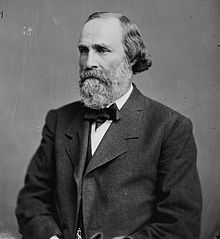

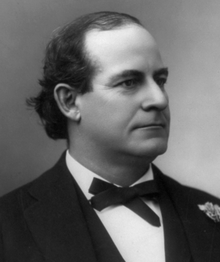


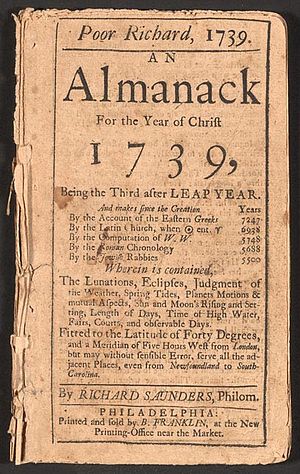






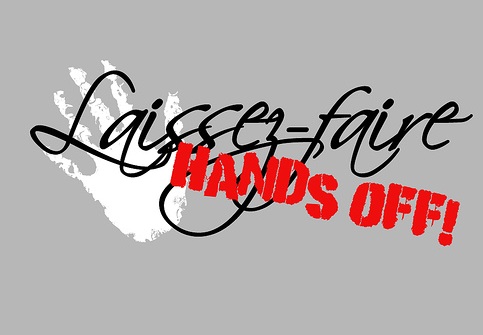
.jpg)
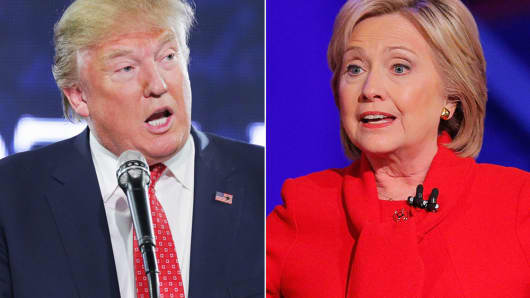

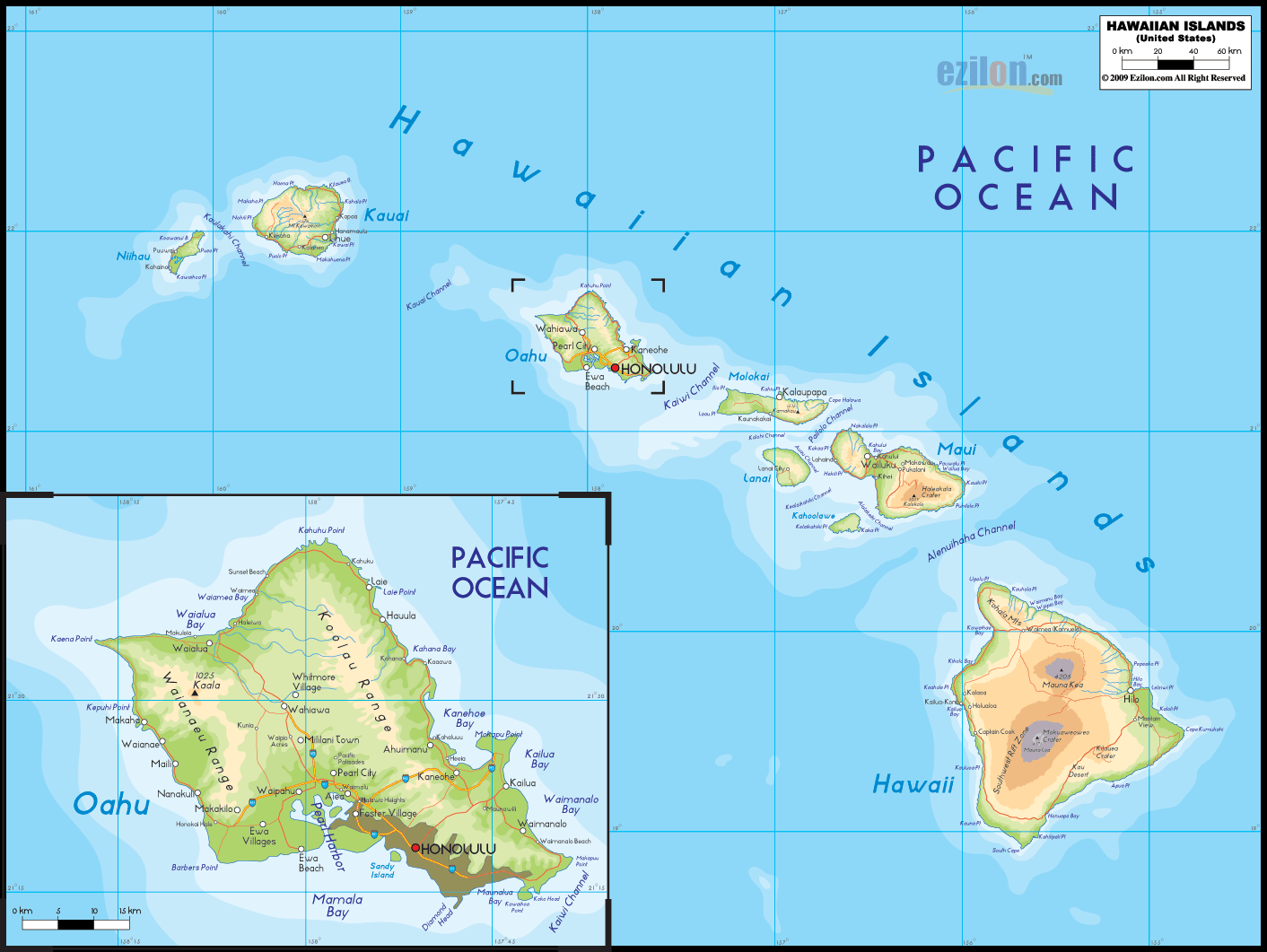

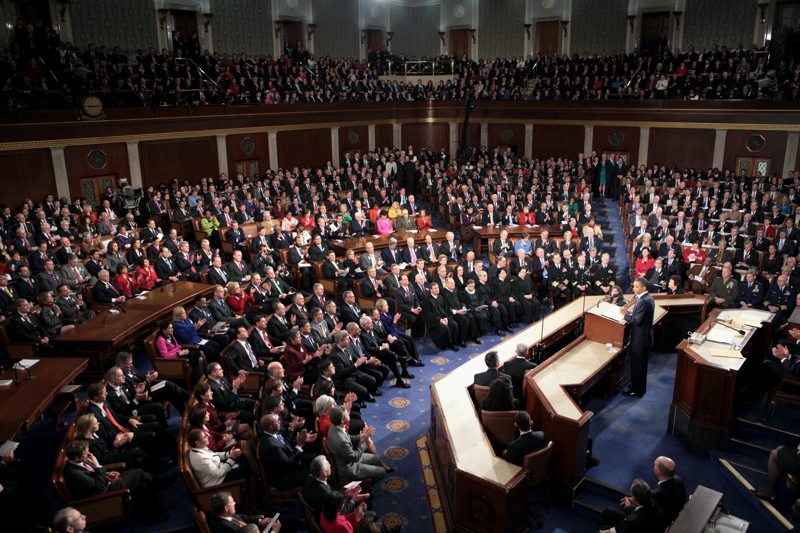


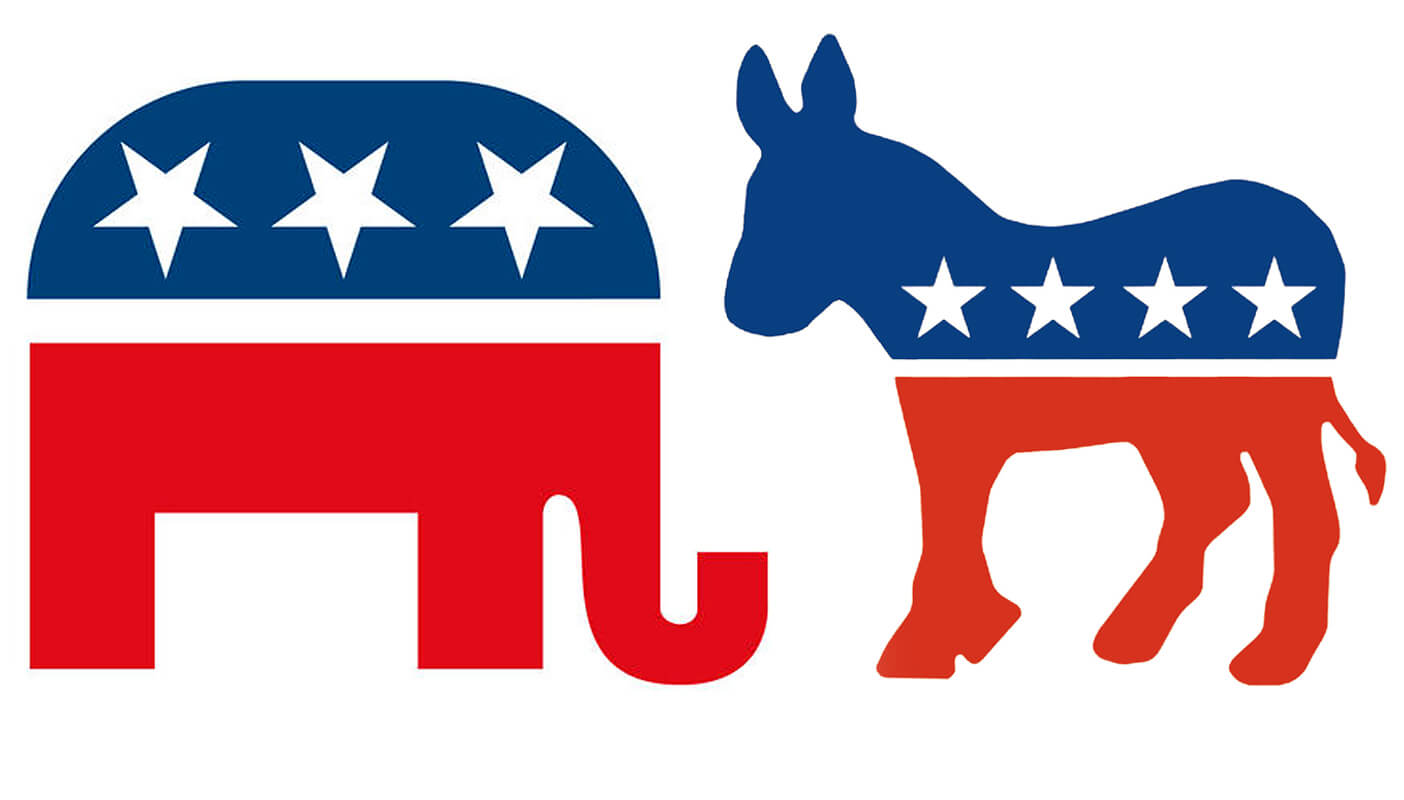



_-_Washington_Crossing_the_Delaware_-_Google_Art_Project.jpg)




